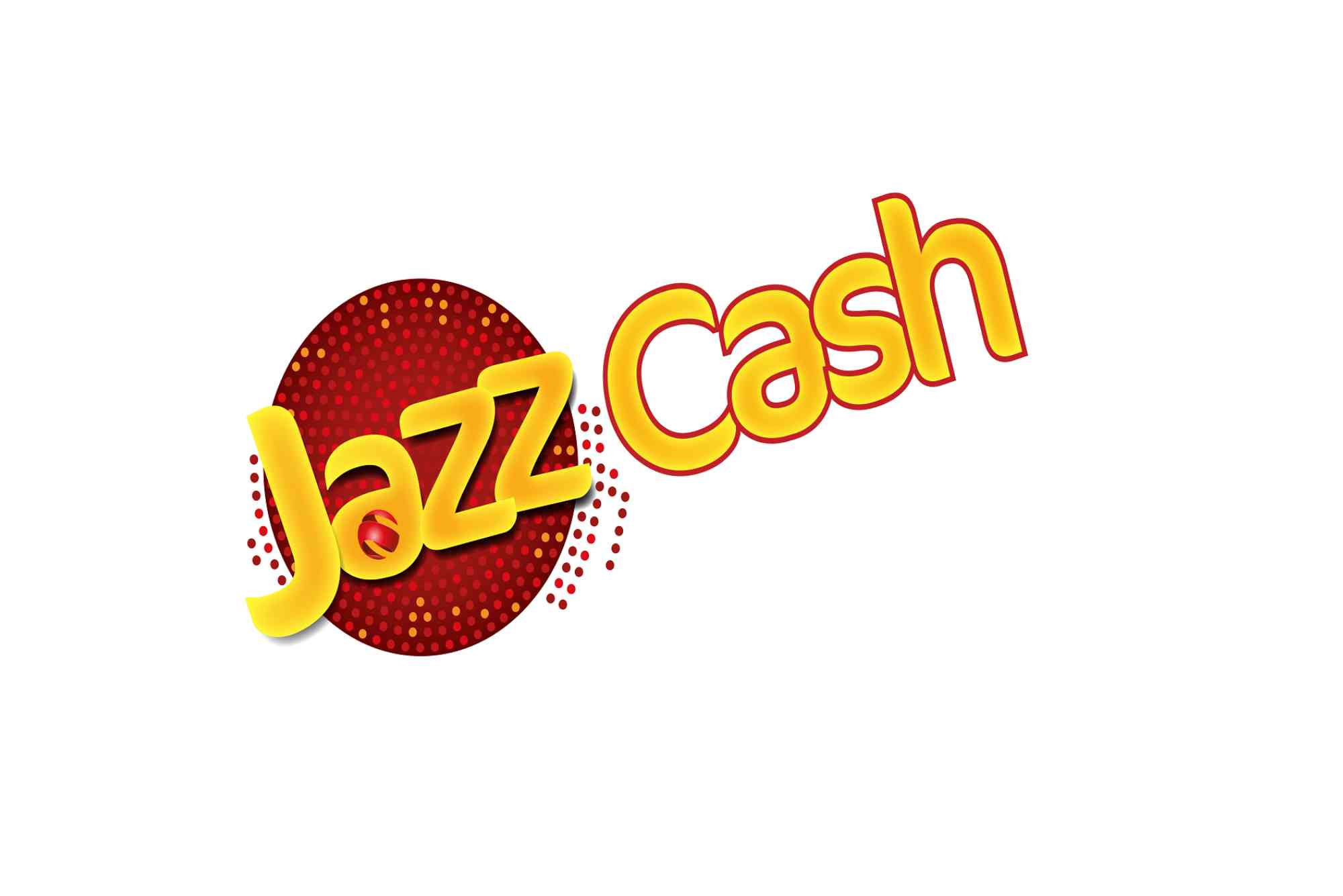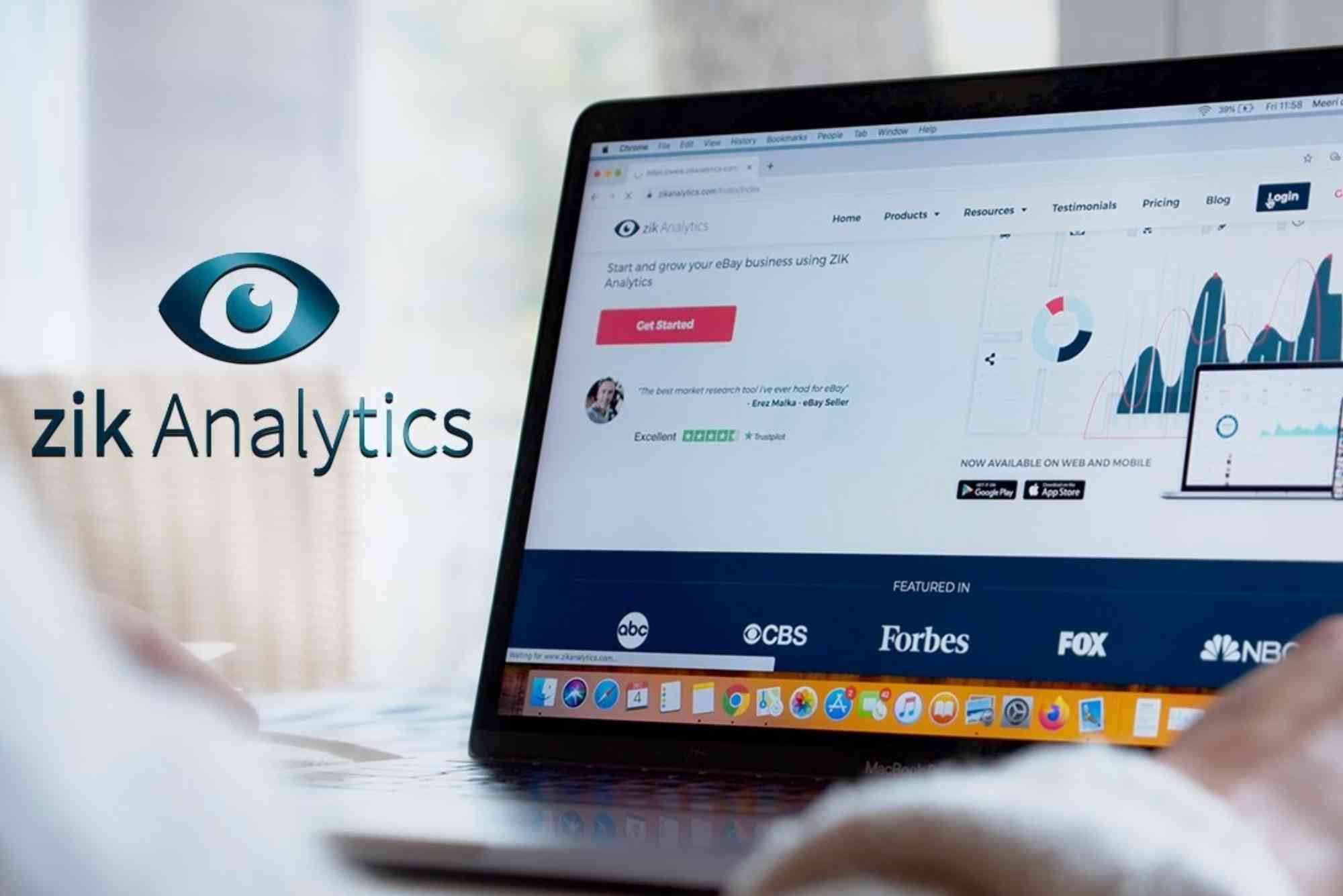Advanced Tips for Off Page SEO Checklist Success
When it comes to improving your website’s visibility and authority, mastering an off page SEO checklist is just as critical as optimizing on-page elements. Off-page SEO focuses on everything you do outside your website to boost search engine rankings — including link building, brand mentions, content promotion, and audience engagement. In today’s competitive digital landscape, a strong off-page strategy separates a high-performing site from one lost in search results.
Search engines like Google use off-page signals to determine a site’s credibility and relevance. These signals go beyond just backlinks — they include social proof, reputation, expertise, and trustworthiness. To help you level up your SEO game, this comprehensive guide explores advanced tactics that go beyond traditional link building, providing you with an actionable off page SEO checklist for real-world success.
Understanding the Foundation of Off Page SEO
Before diving into advanced strategies, it’s important to understand what off-page SEO really means. Unlike on-page SEO, which involves optimizing your website’s internal structure, off-page SEO focuses on external factors that influence your ranking potential.
These include backlinks from high-authority domains, social signals from platforms like LinkedIn or Twitter, brand mentions, guest blogging, and digital PR. Each of these actions helps build credibility, telling search engines that your website is trustworthy and authoritative.
When executed correctly, your off page SEO checklist becomes the foundation for long-term organic growth and visibility.
Building High-Quality Backlinks Strategically
Backlinks remain the backbone of off-page SEO. However, not all backlinks carry equal value. Modern search engines prioritize quality over quantity. Instead of chasing every possible link, focus on getting links from relevant, high-authority domains in your industry.
The most effective approach is a mix of outreach, content quality, and relationship-building. Guest posting on reputable sites, creating share-worthy infographics, or publishing original research are all excellent ways to attract natural links.
You can also use digital PR campaigns to earn mentions from authoritative news sources or industry blogs. Platforms like HubSpot SEO Blog can help you stay updated with the latest SEO trends and tactics for building link equity in a strategic way.
Leveraging Brand Mentions for SEO Authority
Brand mentions — even unlinked ones — are powerful signals of trust. Search engines recognize when your brand name appears across the web, even without a direct hyperlink. This builds credibility and reinforces your brand’s authority.
To capitalize on this, set up Google Alerts or use tools like Mention or Ahrefs to monitor your brand’s presence. When you find unlinked mentions, reach out to the site owner and politely request a link. This simple yet effective step enhances your off page SEO checklist performance and strengthens your domain authority.
Optimizing for Local SEO and Citations
If your business operates locally, building a strong local SEO presence should be part of your off-page strategy. Start by ensuring your NAP (Name, Address, and Phone Number) is consistent across all directories — from Google Business Profile to Yelp, Yellow Pages, and local chambers of commerce websites.
Positive customer reviews are another powerful off-page factor. Encourage satisfied customers to share their experiences online. Authentic reviews not only improve rankings but also increase trust among potential clients. Google rewards consistency, relevance, and reliability, so maintaining a well-managed local profile directly contributes to your off page SEO checklist success.
Guest Blogging with Purpose
Guest blogging has evolved. Gone are the days of mass submissions and spammy backlinks. Today, it’s about writing valuable, research-backed content for credible websites that share your audience.
Focus on thought leadership rather than promotional posts. Offer original insights, case studies, or expert commentary. This builds authority in your niche, attracts referral traffic, and earns you high-quality backlinks.
To make the most of your guest blogging efforts, align your topics with the audience’s needs and ensure every post provides value. Quality always wins over quantity in modern SEO practices.
Influencer and Partnership Collaborations
Collaborating with influencers or industry leaders is another effective off-page SEO tactic. These collaborations amplify your reach and credibility, especially when influencers share or link to your content.
You can partner for joint webinars, interviews, expert roundups, or social media shout-outs. Authentic engagement from well-known figures drives organic traffic and signals trust to search engines.
Additionally, co-branded content or collaborative research reports attract backlinks from multiple sources and expand your digital footprint.
Social Media Engagement and Content Distribution
While social media signals aren’t direct ranking factors, they indirectly support off-page SEO by driving visibility and engagement. When content gets shared widely, it increases the likelihood of attracting organic backlinks from other websites.
Platforms like LinkedIn, X (formerly Twitter), and Facebook can amplify your message, build community trust, and promote your content to new audiences.
Create shareable, insightful posts and actively participate in conversations. Engage with communities, respond to comments, and build relationships — all of which foster brand awareness and credibility that enhance your off page SEO checklist.
Forums, Communities, and Q&A Engagement
Participating in niche communities like Reddit, Quora, or specialized forums allows you to demonstrate expertise while generating relevant traffic. Answering questions and sharing valuable insights establishes you as a thought leader.
When done naturally, this also creates link opportunities. Include your website or resource links only when relevant — avoid spamming. Quality engagement builds trust and helps your brand gain organic exposure through authentic interaction.
Digital PR and Press Coverage
Digital PR goes beyond traditional public relations by leveraging online platforms to build authority. Publishing press releases, securing interviews, and being featured in industry publications can boost your online reputation.
A well-crafted PR strategy ensures that your brand name appears on authoritative websites, reinforcing Google’s perception of your expertise and trustworthiness.
Craft compelling stories that highlight your brand’s achievements or contributions to your field. Over time, consistent PR coverage contributes significantly to your off-page authority.
Content Marketing for Link Acquisition
Content remains the heart of any SEO strategy, and off-page SEO is no exception. High-value content naturally attracts backlinks and shares. This includes data-driven articles, expert guides, infographics, videos, and case studies.
When you publish something truly useful, others in your industry will cite or share it. This natural link-building process helps you maintain a sustainable and credible off-page profile.
You can amplify results by repurposing content into different formats — such as videos, podcasts, or slide decks — and sharing them across various platforms for maximum visibility.
Monitoring and Measuring Off Page SEO Success
Tracking performance is a critical part of your off page SEO checklist. Use analytics tools to evaluate which efforts are generating results.
Key metrics include:
-
Growth in referring domains and backlinks
-
Organic traffic trends
-
Brand mentions and social shares
-
Domain Authority (DA) or Domain Rating (DR) changes
-
Keyword ranking improvements
Regular monitoring helps identify what’s working and where adjustments are needed. Remember, off-page SEO is an ongoing process — it requires consistency, adaptability, and patience.
Building E-E-A-T: Experience, Expertise, Authoritativeness, Trustworthiness
Google’s E-E-A-T principles are central to off-page SEO success. You can strengthen these signals through high-quality backlinks, credible mentions, verified profiles, and expert collaborations.
Publish accurate, well-researched content and collaborate with recognized industry experts. The more trustworthy your site appears, the higher it ranks.
Authenticity also matters — use real author bios, display credentials, and ensure transparency across all your platforms. Over time, this builds an ecosystem of trust that boosts rankings naturally.
Continuous Learning and Professional SEO Support
Off-page SEO trends evolve constantly. Algorithms change, and new tactics emerge. Staying informed through trusted resources like the HubSpot SEO Blog helps you adapt quickly.
If you’re serious about scaling your digital presence, consider seeking SEO Expert Help to guide your strategy. Professionals can provide in-depth analysis, personalized link-building campaigns, and data-driven insights to ensure your SEO efforts deliver measurable results.
Elevate Your SEO Strategy with Off Page Excellence
Mastering your off page SEO checklist requires patience, creativity, and consistency. Every backlink, brand mention, or social share contributes to a larger narrative of authority and trust in the eyes of search engines.
By combining high-quality content with strategic partnerships, local optimization, and digital PR, you can build a powerful online presence that drives long-term success.
Don’t wait to enhance your website’s credibility — start implementing these advanced off-page tactics today and watch your rankings soar. For professional support and proven strategies, get in touch with SEO Expert Help and elevate your SEO results with expert precision.
Frequently Asked Questions
What is the most important factor in an off page SEO checklist?
The most important factor is high-quality backlinks from relevant, authoritative websites. These links signal trust and credibility to search engines.
How can I build backlinks safely?
Focus on natural methods like guest blogging, digital PR, and creating shareable content. Avoid paid or spammy link schemes that can result in penalties.
Does social media help with off page SEO?
While social signals don’t directly affect rankings, social media increases brand awareness and content reach, which can lead to organic backlinks.
How long does it take to see off page SEO results?
Typically, it takes three to six months to notice significant improvements, depending on your niche, competition, and the quality of your off-page efforts.
Are nofollow links useful for SEO?
Yes. Even though they don’t pass direct link equity, nofollow links contribute to a natural link profile and can drive valuable referral traffic.
By following this comprehensive off-page SEO roadmap, you’ll be well-positioned to strengthen your site’s authority, boost rankings, and drive sustainable growth in the ever-evolving digital landscape.







